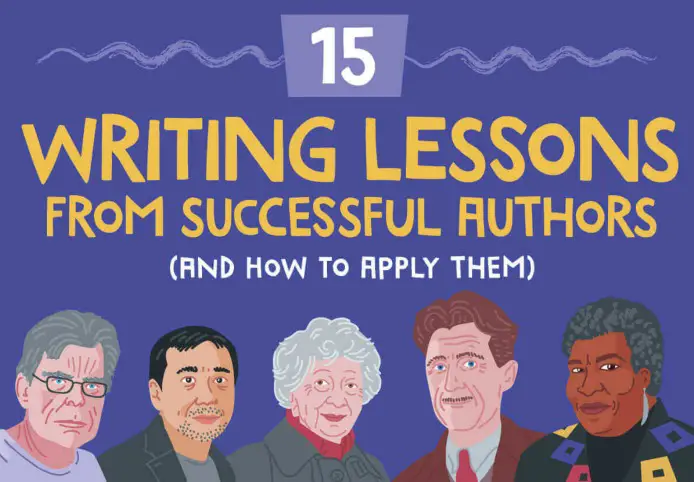writing tips
-
How to Write About Controversial Topics Without Losing Your Mind
No matter how long you’ve been writing, everyone is prone to feeling…
-
How to Use The Five-Act Structure to Turn Concepts Into Compelling Stories
Of all the marketing trends that will impact content marketing strategies, storytelling…
-
7 Best Practices For Demonstrating Authoritative Writing
How many times have you been reading an article, only to realize…
-
Expand Your Skills And Earning Potential By Becoming A Technical Writer
As long as consumers continue using tech devices and digital platforms to…
-
Write Like a Pro With These 15 Tips from Best Selling Authors
As every aspiring novelist knows, coming up with the ‘big’ ideas is…
-
Controlling Your Unconscious Bias While Writing
As a writer, your website is your own personal space to write…
-
Writing Tips: Don’t Make a Big Thing Out of Writer’s Block
You know that feeling. You check your word count and you still…
-
Quick Tips to Become a Better Writer NOW
Whether you write website copy, e-books, magazine articles or blog posts, there’s…
-
How to Write Outstanding Technical Content Even If You’re Not an Expert
Writing about highly technical topics is challenging in many ways. In addition…
-
Paid by the Word? 10 Tips for Becoming a Faster Writer Without Sacrificing Quality
When you’re a freelance writer, you may often be paid by the…









